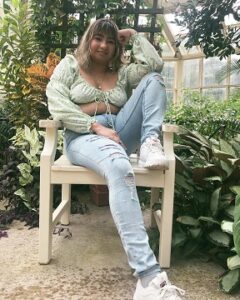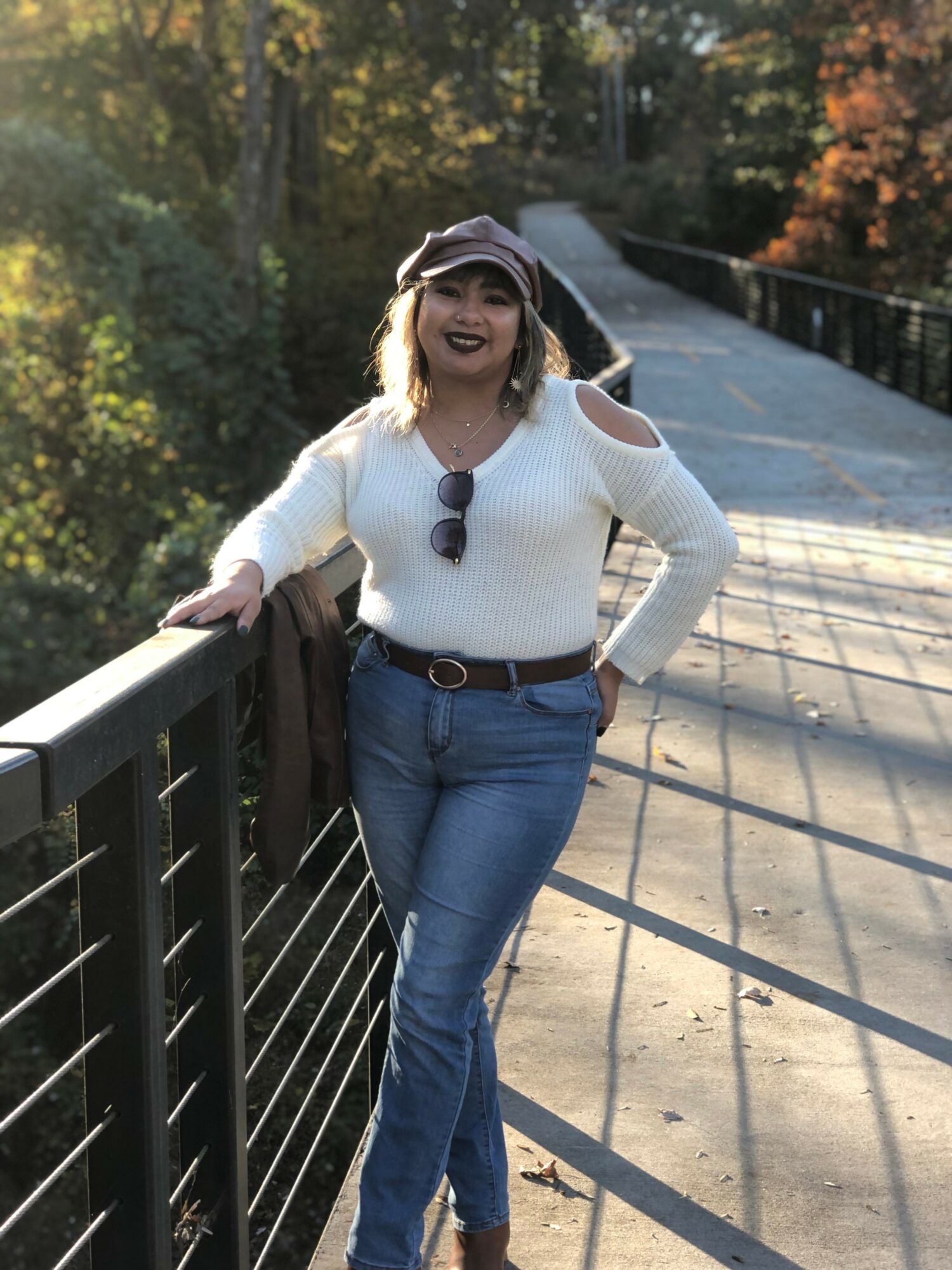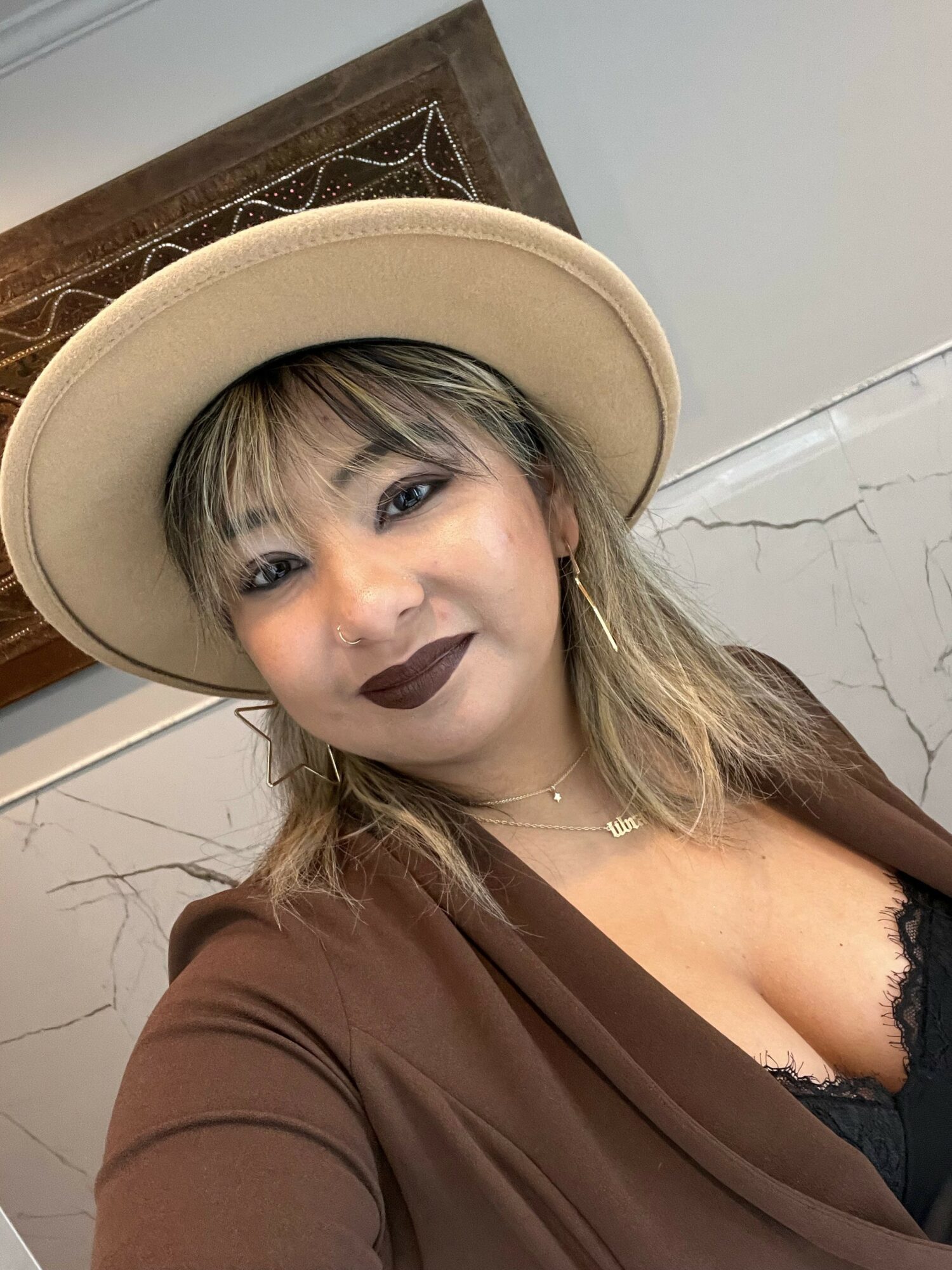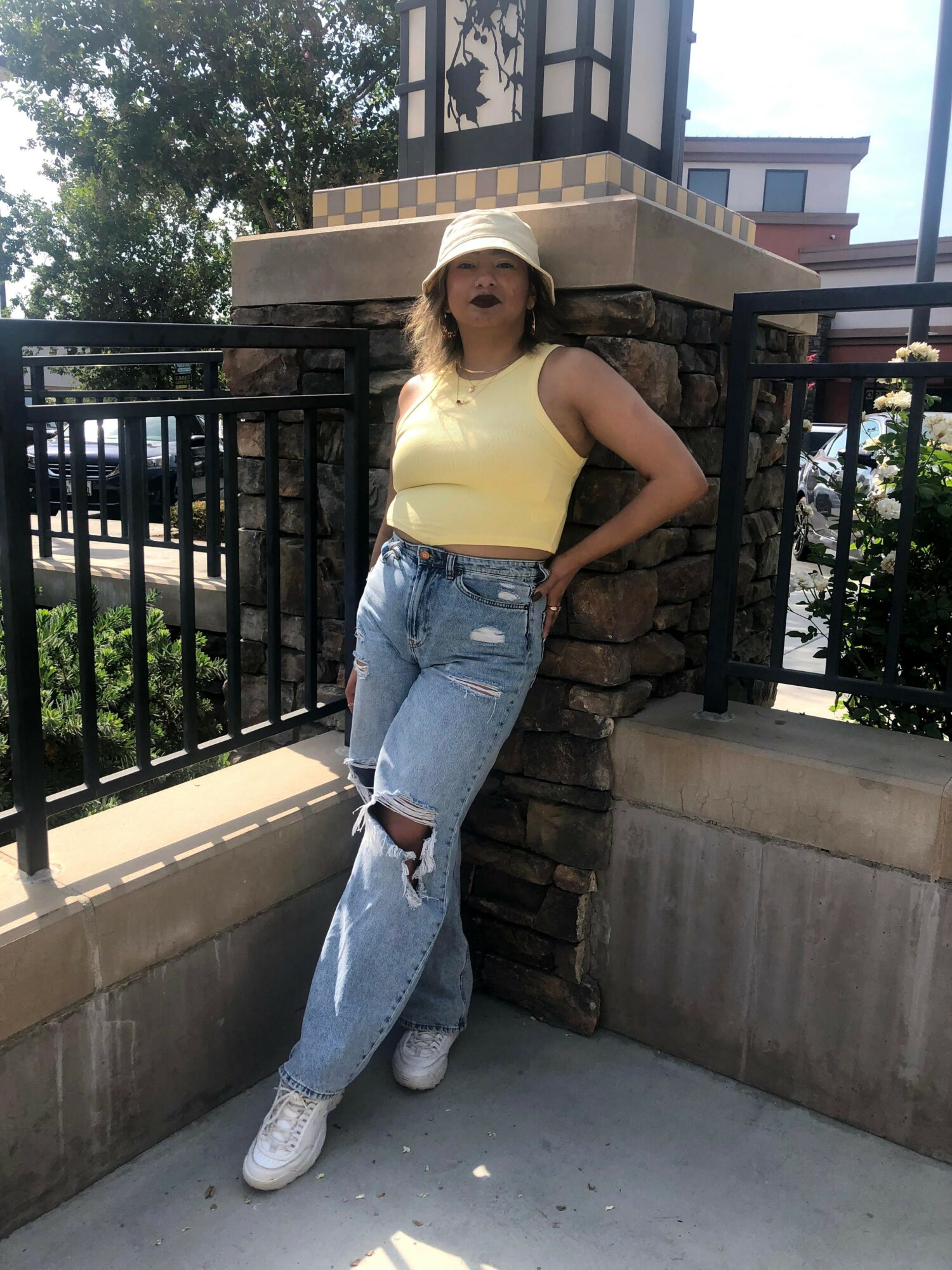
Today we’d like to introduce you to Kelly Quintana.
Kelly, we appreciate you taking the time to share your story with us today. Where does your story begin?
I started as the eldest daughter in a Mexican household. Most elder latine daughters know what that means. Know the responsibility that I had to take on before I could understand what responsibility meant. My household was different, or maybe not so different, in the fact that abuse was the heart of the family. I helped my family survive, and in the midst of it all, somehow, I survived too.
I started writing at a young age. There was no one to talk to, but I had my notebooks. I moved around too often to make any real connections, but I could observe everyone else forming them. I became enthralled with the way others interacted with each other. I couldn’t stop thinking about the different dynamics of relationships, the good and the bad. That’s what my writing was about, connection and relationships. That is what my writing is about–the only difference now is that I have a degree in writing. I can now say I’m a writer, not just a child hidden in a closet scribbling in a notebook. Some days though, I feel like that girl is more of a writer than I am. She wasn’t worried about the audience of her words; she was the only audience.
I suppose that’s where I am now. I’m wrestling with the concept of being a writer. What it means for me and the girl I once was. I got here by going through a lot of pain, a lot of confusion, a lot of anger. I don’t know if I’m on the other side of my childhood trauma, but I know that I’m more grounded in my writing, in myself, than ever before. I am not here because my trauma made me strong. I am here because I worked to unlearn beliefs that my parents shoved down my throat as absolutes.
I started writing because I was obsessed with the connections other people formed with one another and learned how my relationships with those around me function. My professor at SCAD once told the class that as writers, even if we don’t like people, we must at least understand them. I don’t understand everyone. I am still learning to understand myself, but how I love writing for letting me explore such complexities.
I write for myself. I write for the girls hiding in the closet while their dad screams and hits at bodies and walls. I write for the girl who never saw people like her in stories of princesses and dragons. I write for the girl who wants to be the princess and the girl who wants to be the dragon.
I am the eldest daughter in a Mexican household, and I am a woman who writes because it’s the way I understand the world.
Would you say it’s been a smooth road, and if not what are some of the biggest challenges you’ve faced along the way?
I was born into an abusive marriage. Both my parents immigrated from Mexico. Both were too young to understand marriage, parenthood, and family. My parent could not guide me or help me because they couldn’t help themselves. I had to care for my two younger brothers like they were my own. I became a mother at a young age because my parents could not parent. I struggled to keep up with everything. I moved around so often that I could be behind in school one week and ahead the following week because each state and each district had different curriculums. It was, in fact, quite difficult to succeed in school when my school changed every time my dad needed to move us away to hide his abuse and drug use. I did pass, though, even math despite the fact that I was never the best at it. I graduated high school with honors and a few AP classes under my belt.
Getting into college wasn’t too much of a challenge. The challenge was financial. I took a gap year because I needed time to save. When I got to SCAD, I still needed to work full time during the quarter and pick up one or two more jobs during our breaks. It was many sleepless nights. Many nights of crying from hunger and tiredness while finishing assignments, but it got done. All of it. I graduated from SCAD with more than one internship under my belt and was able to get a job in my field within a couple of months.
No, it hasn’t been easy, but I learned. I continue learning and growing. No one lives without some sort of challenge. We all just keep going. We live, and we learn.
As you know, we’re big fans of you and your work. For our readers who might not be as familiar what can you tell them about what you do?
I have a few short stories published on The Connector, SCAD’s literary magazine. However, the majority of my published work is mostly non-fiction articles. Whether I prefer non-fiction or fiction depends on the day. I do tend to lean more towards fiction. I love to write heavily character-focused narratives. Most of my work has been short stories that focus on queer women and their relationships with their partners, families, their community. I’m most proud of my work that combines some of the most important things to me: my culture, my queerness, and the idea of connection. I feel my best work highlights how we are all connected, even if the world feels disconnected. If my writing dives deep into how our actions affect the people around us, I feel accomplished. That’s why I started writing, to explore our connection to one another, and it’s why I keep writing. I feel the string that tethers us to one another.
What sort of changes are you expecting over the next 5-10 years?
Recently, social media, especially Twitter has been having very important discussions about publishing. Authors have discussed the disparity in pay between BIPOC authors and their white counterparts. Agents and editors have discussed the unfair treatment they undergo under publishing houses. Such as, there is a movement to shape politics for the better. There is one going on in the writing community. Readers and writers alike want publishing not just be diverse but fair to that diversity. Writers, readers, agents, editors, and others involved in the creative process are asking more from the publishing houses. How the publishing houses respond to this demand, to this need for true diversity, will determine the future of the industry.
Contact Info:
- Website: https://www.writerkellyquintana.com/
- Instagram: https://www.instagram.com/kejjequintana/
- Twitter: https://twitter.com/home
















